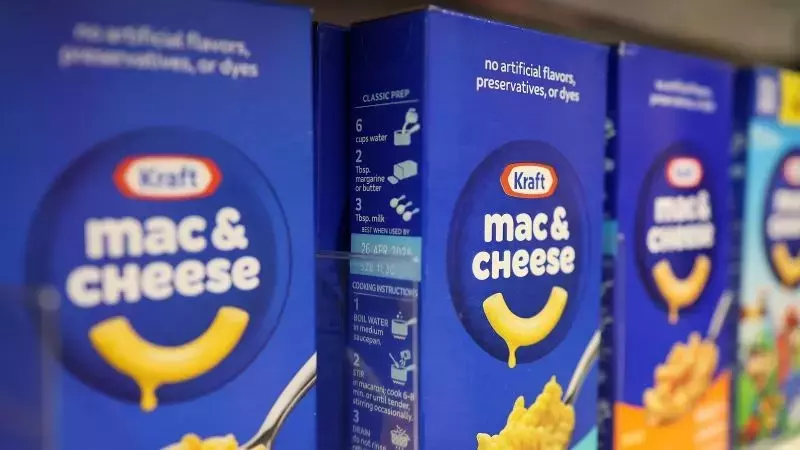
A major shift is underway in the food industry as Kraft Heinz takes a bold step to remove all artificial colors from its product lineup. The decision comes amid increasing consumer awareness and governmental scrutiny regarding synthetic food dyes. By the end of 2027, this multinational corporation plans to ensure that none of its products sold in the United States contain any artificial coloring agents. This move not only reflects growing public health concerns but also anticipates potential regulatory changes at both federal and state levels.
As one of the largest packaged food companies in the U.S., Kraft Heinz has announced an ambitious initiative to phase out synthetic food colorings entirely by the close of 2027. Among their well-known brands like Kraft Mac & Cheese, Heinz ketchup, and Capri-Sun, the company aims to replace artificial dyes with natural alternatives or eliminate them altogether. Pedro Navio, President of North America for Kraft Heinz, emphasized that most of their offerings already avoid artificial colors, highlighting ongoing efforts since removing such additives from Kraft Mac & Cheese back in 2016.
This strategic decision places Kraft Heinz at the forefront of a movement that could influence competitors to accelerate similar transitions. Current FDA regulations permit certain petroleum-based synthetic dyes, commonly used to enhance visual appeal, particularly targeting younger demographics. However, these additives have come under renewed scrutiny due to possible adverse effects on human and animal health, including links to cancer risks and neurobehavioral challenges among children. Recent actions by the FDA, such as banning red dye No. 3 earlier this year, underscore heightened governmental concern over these substances.
Additionally, regional bans in states like California, Virginia, and West Virginia reflect broader legislative trends against artificial dyes. With bipartisan support across more than half of U.S. states, momentum continues to build toward eliminating harmful additives from the food supply chain. Direct pressure from Secretary Robert F. Kennedy Jr., advocating proactive industry solutions before his tenure concludes, adds another layer of urgency to Kraft Heinz's commitment.
Beyond compliance with emerging regulations, this initiative aligns with Kraft Heinz’s broader strategy to adapt to evolving consumer preferences. Facing declining sales figures and shifting market demands towards healthier options, the company evaluates significant structural changes. Recent moves include relinquishing board seats held by Berkshire Hathaway representatives, signaling potential mergers or divestitures ahead. Analysts interpret these developments as part of a larger effort to streamline operations and reposition the brand competitively within an increasingly health-conscious marketplace.
In embracing this transformative approach, Kraft Heinz demonstrates leadership in addressing critical public health issues while positioning itself strategically for future growth opportunities. As they navigate complex business challenges, the elimination of artificial colors represents a pivotal moment in reshaping not only their own portfolio but potentially influencing industry-wide standards moving forward.
